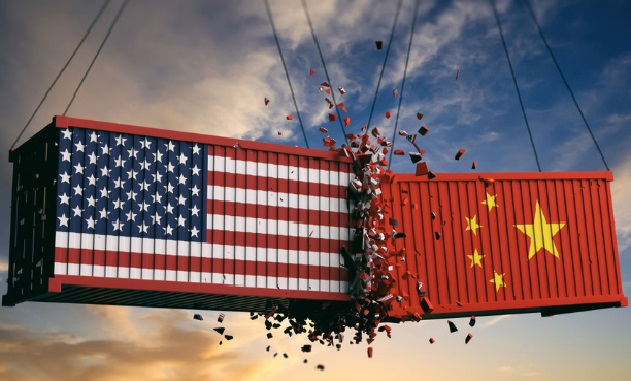- May 6, 2019
- No Comment
- 160
Trump threatened New Trade Tariffs and shakes Chinese Stock Markets

On Monday, Chinese stock markets tumbled after Donald Trump threatened China with increased tariffs on $200bn of goods. Trump’s surprise outburst risks derailing talks aimed at resolving the trade war between the world’s two biggest economies. A delegation from China is scheduled to resume talks in Washington on Wednesday, but U.S media reported they have considered canceling the meeting. It is noteworthy that Hong Kong’s Hang Seng index dropped 3.1% following Trump’s tweet. The Shanghai Composite fell by nearly 6%. The government officials of China didn’t immediately respond to requests for comment. Trump wrote on Twitter that he would increase tariffs on $200bn of goods from 10% to 25% on Friday and announced tariffs at 25% on $325bn of additional goods.
Chinese Government officials have previously informed the United States they would not negotiate under pressure. The vice president of the U.S-China Business Council, Jake Parker said Trump’s threat makes the talks very difficult politically for Xi Jinping’s government, as the Chinese public may view an agreement by the Friday deadline as a capitulation. Trump has twice pushed back deadlines for raising the tariffs, in January and March. He said on Sunday that he had lost patience with the negotiations. He said, “The tariffs paid to the USA have had little impact on product cost, mostly borne by China. The trade deal with China continues, but too slowly, as they attempt to renegotiate. No”!
Donald Trump has portrayed his tariffs as beneficial for the U.S economy. He claimed previous U.S administrations have let China get away with abusive trade practices and take advantage of a lopsided economic relationship. Economists have found that the burden of the tariffs falls on U.S consumers and businesses who buy imported products. A March study by the Federal Reserve Bank of New York, Columbia University, and Princeton University found that U.S consumers and businesses were paying $3 billion per month in higher taxes and absorbing $1.4 billion per month in lost efficiency by the end of last year.








